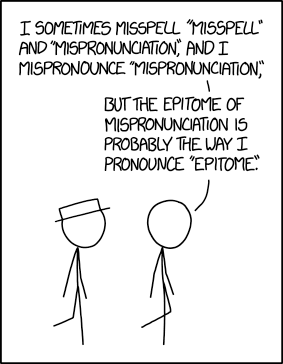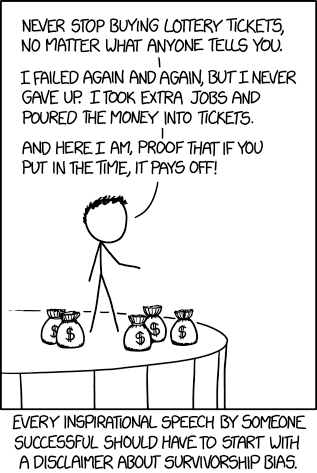The conversation has gotten muddled and off-topic on both sides (which is not to say that both sides are equally wrong, just that most of the critics of Bret Stephens are making a valid case badly). A great deal of the discussion has come to center around a not particularly relevant debate about whether or not certain positions are acceptable in the pages of a publication like the New York Times.
It is true that, though the exact boundaries are inevitably hazy, there are certain positions that are so innately offensive that they should have to clear and extremely high bar before making it into the public discourse. Two obvious examples are defenses of the Holocaust and slavery. There is, of course, and inherent conflict between condemning offensive ideas and defending freedom of expression, but that's not really what we should be focusing on here.
The issue here is not that Stephens took a position (or even a string of positions) that you or I strongly disagree with; the issue is that he took this string of indefensible positions (effectively taking the pro side on things like racism, torture, religious bigotry, income inequality, sexual harassment, and the war on data) and defended them by recycling tired and hackneyed arguments that are logically flawed, dishonest and/or incoherent , not to mention almost always badly written.
We are not talking about lapses in an otherwise outstanding career or bad traits that are counterbalanced by notable strengths. Bret Stephens did not succeed despite these things; his entire career was built on being an apologist hack.
Here is an illustrative example from an
excellent summary compiled by Hamilton Nolan;
The campus-rape epidemic—in which one in five female college students is said to be the victim of sexual assault—is an imaginary enemy. Never mind the debunked rape scandals at Duke and the University of Virginia, or the soon-to-be-debunked case at the heart of “The Hunting Ground,” a documentary about an alleged sexual assault at Harvard Law School. The real question is: If modern campuses were really zones of mass predation—Congo on the quad—why would intelligent young women even think of attending a coeducational school? They do because there is no epidemic. But the campus-rape narrative sustains liberal fictions of a never-ending war on women.
When you strip away all of the nonessentials, the underlying claim is that an institution or group cannot be accused of prejudice or harassment if the victims willingly choose to join. This is very closely related to the classic argument: "you don't have to be here." For a long time, this was one of the default responses to charges of discrimination. It was applied to African-Americans trying to break the color barrier, women entering traditionally male professions, gay athletes trying to be open about their sexuality, you name it.
Stephens is careful to couch his arguments in terms of some shadowy liberal conspiracy rather than an attack on victims of sexual assault, but when you claim that a woman's decision to attend an institution or pursue a profession precludes the possibility of a culture of harassment and assault, you have made this an argument about women, one that is neither sound nor original.
The New York Times knew what it was getting with their latest hire and they have been full-throated in their defense of the choice. Stephens is a tired, derivative hack of no apparent insight or talent (at least, David Brooks is good at being David Brooks). There is nothing to be learned from reading his new column, but their is a great deal to be learned from the way that America's best known "liberal" paper instinctively genuflects to the worst of American conservatism.
[Note: some typos have been corrected.]



